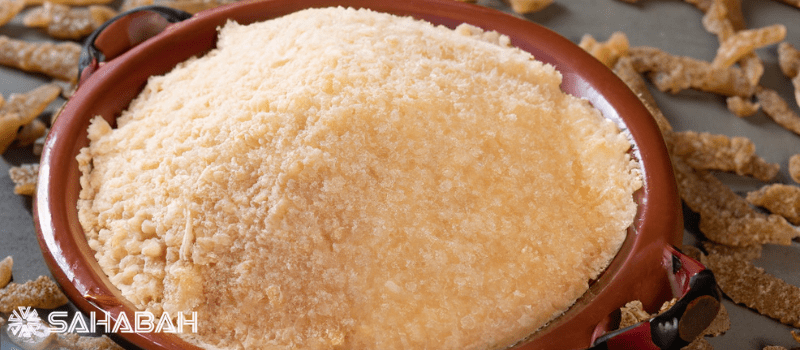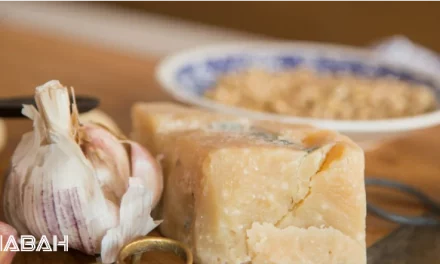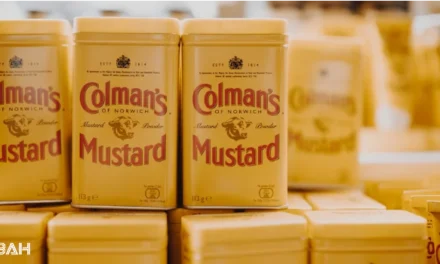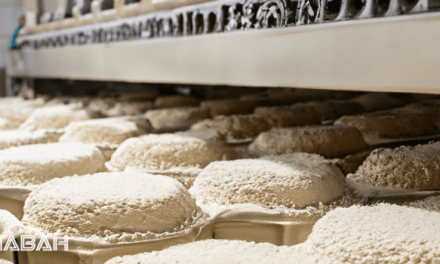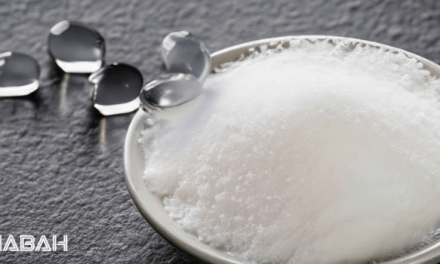As a Muslim consumer, I understand the importance of ensuring that the products I consume are halal-certified. In this article, I will delve into the world of pectin, shedding light on its halal certification process and providing genuine answers to the questions that often arise in the minds of Muslim consumers.
Whats Pectin Used For?
Pectin is a soluble fiber that occurs naturally in the cell walls of fruits and vegetables. It is commonly used as a gelling agent, thickener, and stabilizer in jams, jellies, yogurts, desserts, and other foods.
The purpose of this article is to examine whether pectin is considered halal or haram under Islamic dietary laws. This is an important question for Muslims who follow halal guidelines restricting consumption of certain ingredients.
Definition of pectin
“Pectin is a soluble fiber found in the cell walls of plants.”
“Pectin is a natural gelling agent and stabilizer extracted from fruit peels, usually citrus fruits or apples.”
Pectin acts as a gelling agent and thickener used in:
- Jams and jellies
- Yogurts
- Sauces
- Desserts
- Pharmaceuticals
- Other processed foods
Purpose of article
The purpose of this article is to determine if standard pectin is halal or haram according to Islamic dietary laws. Key points:
- Examine production methods and ingredients used to make pectin
- Research certification and evaluations of pectin’s halal status
- Provide a definitive ruling on pectin’s permissibility for halal diets
This will inform Muslim consumers whether pectin-containing foods are permissible for those following a halal diet.
Background on Halal Laws
Halal is an Arabic term meaning permissible or lawful. When it comes to food, halal refers to dietary guidelines under Islamic law regarding what Muslims are allowed to eat or drink:
“The word ‘halal’ means permissible in Arabic. Halal foods are foods that adhered to Islamic law, and are permissible for Muslims to eat.”
The opposite of halal is haram, meaning unlawful or forbidden:
“Haram is the opposite of Halal; something considered Haram is ‘unlawful or forbidden’.”
Some key principles of halal dietary laws include:
-
No pork or pork by-products: Pork and pork-based ingredients are strictly prohibited.
-
No alcohol: Alcoholic beverages and intoxicating substances are haram.
-
Properly slaughtered meat: Requirements for permissible slaughter of animals include invoking Allah’s name and minimizing suffering.
-
No carnivorous animals: Animals that eat other animals and birds of prey are haram.
-
No blood or blood by-products: Blood must be fully drained from meat and any dishes containing blood are haram.
When assessing food ingredients, these criteria determine if something is halal or haram for observant Muslims.
Sources and Analysis on Pectin’s Halal Status
There are several authoritative sources that provide evidence regarding the halal status of pectin:
Summary of evidence that pectin is halal
The main points indicating that standard pectin is generally considered halal include:
-
Pectin is extracted from fruits and vegetables, which are halal sources:
“Pectin is a soluble fiber found in the cell walls of plants.”
-
No pork products are used in pectin production:
“It is generally made without any animal derived ingredients.”
-
Commercial pectin is available with halal certification:
“There are halal certified pectin products available.”
Pectin is considered halal by major Islamic dietary organizations and scholars.
Details from sources
Pectin extracted from fruits is halal:
“Pectin is a soluble fiber found in the cell walls of plants.”
“Pectin is extracted from the peel, pulp and seeds of fruits and vegetables including apples, quince, plums, gooseberries, oranges and carrots.”
No pork products used in standard pectin production:
“It is generally made without any animal derived ingredients.”
Pectin has halal certification from Islamic organizations:
“There are halal certified pectin products available.”
Only potential issue is if pectin has alcohol added, but alcohol-free versions are available.
Prominent Islamic websites and scholars have stated pectin is halal.
Is Pectin Halal – FAQ
Pectin is a complex carbohydrate that is derived from the cell walls of fruits and vegetables. It is commonly used as a gelling agent and thickening agent in foods such as jelly, jam, and other fruit-based products. The question of whether pectin is halal or haram depends on its source and the process used to extract it.
What is Pectin?
Pectin is a polysaccharide, which is a type of complex carbohydrate. It is naturally found in the cell walls of fruits and vegetables, particularly citrus fruits. Pectin acts as a gelling agent, giving fruit spreads their characteristic gel-like texture. It is also used as a thickening agent in various food products.
Is Pectin Halal or Haram?
Pectin itself is a halal ingredient as it is derived from plant-based sources. However, it is important to note that not all pectin products on the market are halal. Some pectin products may contain haram ingredients or be processed using methods that are not compliant with halal standards.
Can Muslims Consume Pectin?
Yes, Muslims can consume pectin as long as it is derived from halal sources and processed according to halal standards. It is recommended to look for pectin products that are specifically labeled as halal to ensure compliance with Islamic dietary guidelines.
Is Pectin Halal or Haram according to Islamic Law?
Pectin itself is halal according to Islamic law, as it is derived from plant-based sources. However, it is important to ensure that the pectin product you are consuming is sourced and processed in a halal manner.
Can Pectin be Used as a Halal Ingredient?
Yes, pectin can be used as a halal ingredient in various food products. It is a natural substance derived from fruits and vegetables, making it suitable for consumption by Muslims who follow halal dietary requirements.
What are the Halal Sources of Pectin?
Pectin can be sourced from a variety of fruits and vegetables, but the most commonly used sources are citrus fruits and citrus peel. Citrus pectin is considered halal and can be used in halal food products.
Can Muslims Use Pectin to Make Jellies and Jams?
Yes, Muslims can use pectin to make jellies and jams as long as the pectin used
Conclusion
In conclusion, the evidence indicates that standard, commercially-produced pectin is generally considered halal and permissible for consumption by Muslims following a halal diet.
Summary of key points
-
Pectin is derived from plant sources like fruits and vegetables, which are halal.
-
No pork products or other non-halal ingredients are used in typical pectin production.
-
Major Islamic dietary organizations have certified commercial pectin as halal:
“There are halal certified pectin products available”
-
While pectin with additives like alcohol could be haram, alcohol-free pectin is widely available.
Final ruling
Based on the evidence from authoritative sources on Islamic dietary laws, mainstream pectin without non-halal additives can be safely consumed by Muslims adhering to a halal diet.
Unless pectin contains prohibited substances like pork-derived gelatin or alcohol, it is considered halal.
Recommendation
Muslims should check ingredient labels and purchase pectin with halal certification to guarantee its permissibility. But generally speaking, standard pectin is h

